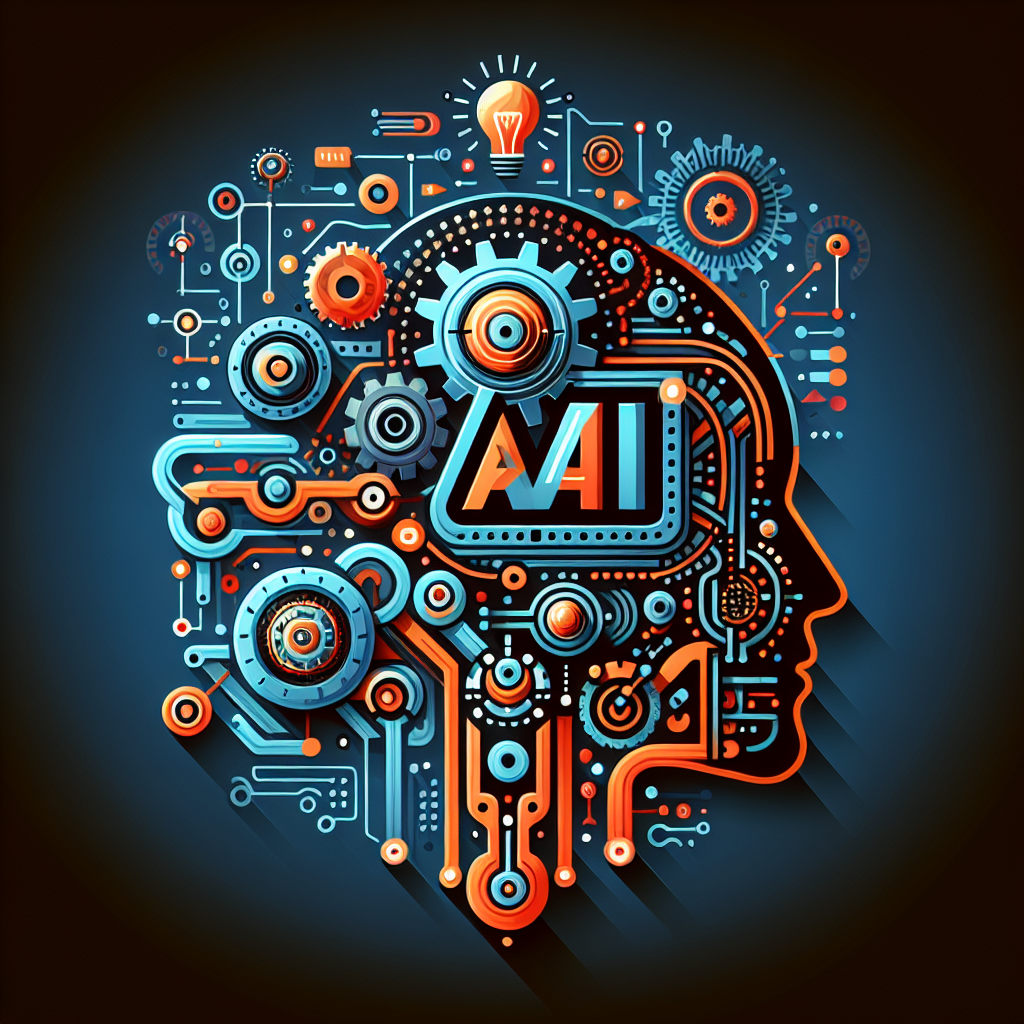Artificial General Intelligence (AGI) is a term used to describe the hypothetical intelligence of a machine that has the capacity to understand, learn, and apply knowledge in a way that is indistinguishable from human intelligence. While current AI systems are able to perform specific tasks with a high level of accuracy, AGI aims to replicate the full range of cognitive abilities possessed by humans.
The development of AGI has the potential to be a game-changer for innovation and progress in a wide range of fields. From healthcare to transportation to education, AGI could revolutionize the way we live and work. In this article, we will explore the potential impact of AGI on various industries and discuss the challenges and opportunities that come with its development.
AGI in Healthcare
One of the most promising applications of AGI is in the field of healthcare. With the ability to process vast amounts of medical data and identify patterns that human doctors may miss, AGI could revolutionize the way diseases are diagnosed and treated. For example, AGI could help doctors identify early warning signs of diseases such as cancer or Alzheimer’s, leading to earlier and more effective treatment.
AGI could also assist in the development of personalized medicine, where treatments are tailored to an individual’s genetic makeup and lifestyle. By analyzing a patient’s medical history, genetic data, and lifestyle factors, AGI could recommend the most effective treatment plan for each individual, leading to better health outcomes and reduced healthcare costs.
AGI in Transportation
The development of self-driving cars is already underway, with companies such as Tesla and Google investing heavily in autonomous vehicle technology. AGI could take this technology to the next level, enabling cars to make complex decisions in real-time and navigate unpredictable situations with ease. With AGI, self-driving cars could become safer and more efficient, reducing the number of accidents on the road and improving traffic flow.
AGI could also revolutionize public transportation, with the potential to optimize routes, schedules, and vehicle maintenance in real-time. By analyzing data from sensors, cameras, and other sources, AGI could predict demand for public transportation services and adjust routes and schedules accordingly, leading to a more efficient and reliable transportation system.
AGI in Education
In the field of education, AGI could personalize learning experiences for students, tailoring lessons and assignments to each individual’s strengths and weaknesses. By analyzing a student’s performance on tests and assignments, AGI could identify areas where they are struggling and provide additional resources and support to help them succeed. AGI could also help teachers by automating repetitive tasks, such as grading assignments and creating lesson plans, allowing them to focus on more meaningful interactions with students.
AGI could also revolutionize the way we learn, with the potential to create immersive virtual reality experiences that simulate real-world scenarios and provide hands-on learning opportunities. By combining AGI with virtual reality technology, students could explore historical events, conduct scientific experiments, and practice real-world skills in a safe and controlled environment.
Challenges and Opportunities
While the potential benefits of AGI are vast, there are also significant challenges that must be addressed before it can become a reality. One of the biggest challenges is ensuring that AGI is aligned with human values and goals, and that its decisions are ethical and transparent. Without proper safeguards in place, AGI could have unintended consequences and lead to unintended harm.
Another challenge is ensuring that AGI is developed in a way that is safe and secure, with robust safeguards to prevent malicious actors from exploiting its capabilities. AGI has the potential to be used for both good and harm, and it is crucial that we develop it responsibly and ethically.
Despite these challenges, the development of AGI also presents exciting opportunities for innovation and progress. By harnessing the power of AGI, we could solve some of the world’s most pressing problems, from climate change to poverty to disease. AGI has the potential to revolutionize the way we live and work, and to create a better future for all.
FAQs
Q: When will AGI be developed?
A: The timeline for the development of AGI is uncertain, with experts estimating anywhere from 10 to 50 years before AGI becomes a reality. While progress is being made in the field of AI, there are still significant challenges that must be overcome before AGI can be achieved.
Q: Will AGI replace human jobs?
A: While AGI has the potential to automate many tasks currently performed by humans, it is unlikely to completely replace human jobs. Instead, AGI is more likely to augment human capabilities, allowing us to work more efficiently and effectively.
Q: How can we ensure that AGI is developed responsibly?
A: Ensuring that AGI is developed responsibly requires collaboration between governments, industry, and academia. By establishing guidelines and regulations for the development and deployment of AGI, we can ensure that its benefits are realized while minimizing the risks.
In conclusion, AGI has the potential to be a game-changer for innovation and progress in a wide range of fields. From healthcare to transportation to education, AGI could revolutionize the way we live and work. While there are significant challenges that must be addressed, the opportunities presented by AGI are too great to ignore. By working together to develop AGI responsibly and ethically, we can create a better future for all.

